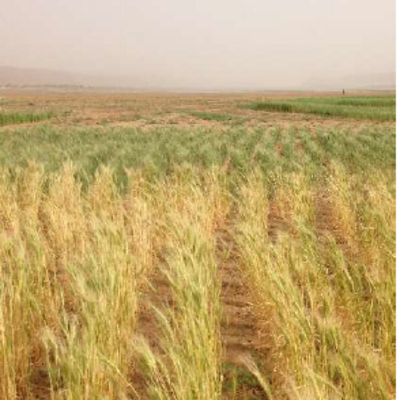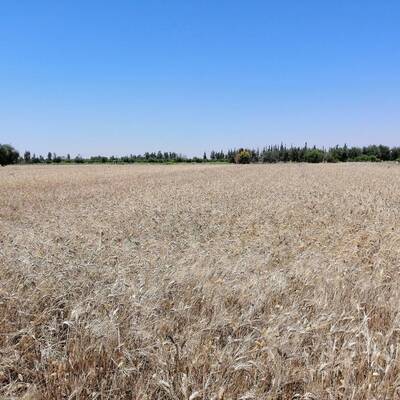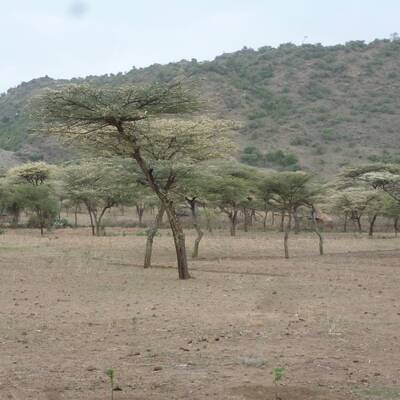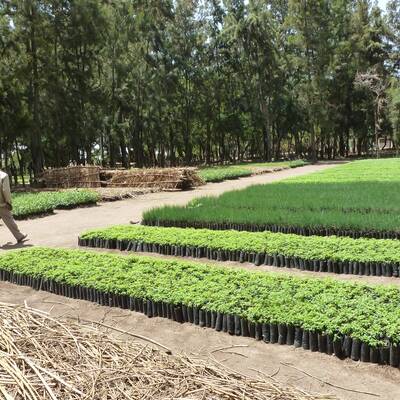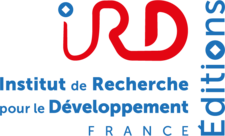The up and out scaling of a technological innovation are driven by its suitability for specific farming system. These systems are defined by a complex interaction of climatic factors, and socio-economic considerations. Hence, in the optic of enhancing digital services to manage and reduce the impact of variable weather and extreme events, it is then critical to define these farming systems and their geographical distribution. In turns, such an information can later be used to inform policies, programming and investment decisions. The decision of adopting a given farming system in the Sahel is mostly driven by the climatic conditions affecting the farm, with the availability of moisture at specific times being a primary factor influencing this decision. Therefore, mapping the climatic factors affecting the cultivation of crops is a reliable proxy to predict the distribution of farming systems, especially if these are then linked to socio-economic considerations and validated on the ground at community level. This evidence-based approach can then be used to help determine the climate services that would benefit farmers and farming systems (including businesses, and other food and land system actors) to strengthen their resilience and adaptive capacity to climate-related hazards and natural disasters.



